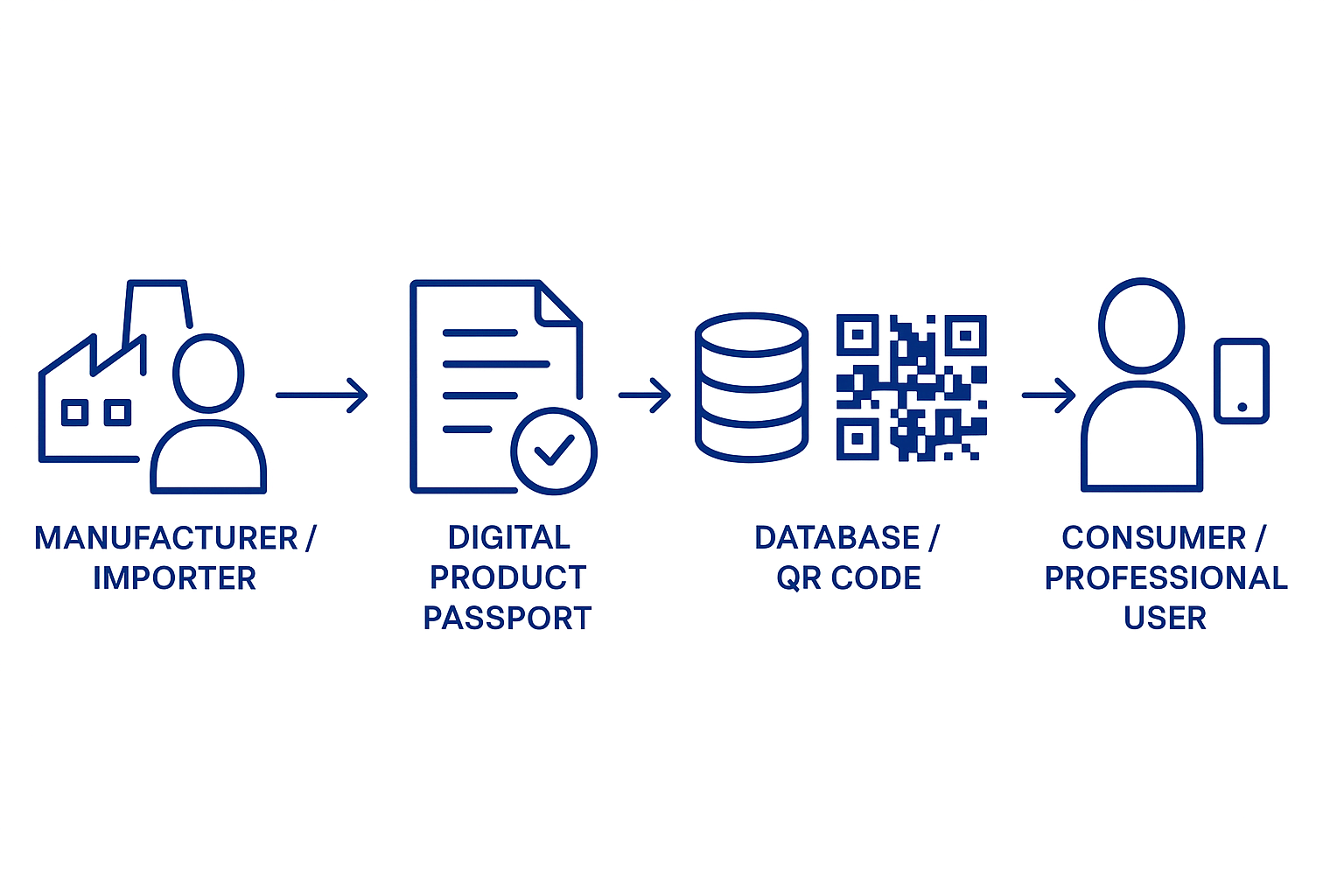Revision of the Detergents Regulation (REFIT) – What Will Change?
The European Commission has been working for several years on updating Regulation (EC) No 648/2004 on detergents.The new legislation responds to evolving market realities, technological developments, and ambitious goals related to health and environmental protection.In 2025, the draft regulation entered an advanced legislative phase.
Key Changes You Should Know
1. Digital Product Passports
The new regulation introduces the obligation to create digital product passports for detergents and surfactants.The passport will include, among others:
-
a unique product and batch identifier,
-
manufacturer or importer data,
-
a list of legal acts with which the detergent complies,
-
a list of ingredients.
Passports must be stored for a minimum of 10 years and be available in the languages of the markets where the products are sold.The draft regulation also proposes the creation of a central detergent register, which will contain references to digital product passports.
What does this mean in practice?
Manufacturers and importers must prepare for new obligations related to creating and managing digital product documentation. It will be necessary to implement procedures for creating and updating passports, as well as properly supplementing the detergent register.
2. Digital Labelling and Simplified Physical Labelling
The draft potentially allows for the introduction of digital labelling – part of the mandatory information may be presented via a QR code or another online solution.Digital labels would be stored on the same platform as the product passport.
Additionally, there are plans to simplify physical labels to make them more user-friendly.
For products sold in a refill format, there is a possibility to provide most information exclusively in digital form.
What does this mean in practice?
Companies will be able to reduce the size of physical labels and more easily update product information without having to withdraw products from the market. However, they will need to ensure that consumers and professional users have access to up-to-date digital information.
3. New Approach to Products Containing Microorganisms
In response to the development of biological technology-based products, the new regulations introduce:
-
specific safety requirements for detergents containing microorganisms,
-
restrictions on the types of microorganisms allowed for use.
What does this mean in practice?
Innovative products, such as cleaning agents based on bacteria, will be able to enter the market provided they meet the new, clearly defined safety criteria.
4. Greater Focus on Sustainability
The draft regulation provides for:
-
restrictions on the content of phosphates and phosphorus compounds in certain detergent categories,
-
a requirement for the biodegradability of organic ingredients (excluding surfactants) after a transitional period,
-
the possible future introduction of targets for the content of renewable raw materials and recycled materials.
5. CE Marking
The updated regulation may introduce the obligation to mark products with the CE symbol, indicating their compliance with EU safety and health protection standards.
Summary: What Should Companies Do?
| Area | Action |
|---|---|
| Documentation | Prepare for the implementation of digital product passports. |
| Labelling | Assess the possibility of moving to digital labels and adjust current labels to new requirements. |
| Biological Innovations | Verify the composition of microorganism-containing products against the new restrictions. |
| Sustainability Strategy | Plan product reformulations towards greater biodegradability and reduced phosphate use. |
| CE Marking | Develop a strategy for completing the appropriate technical documentation. |

